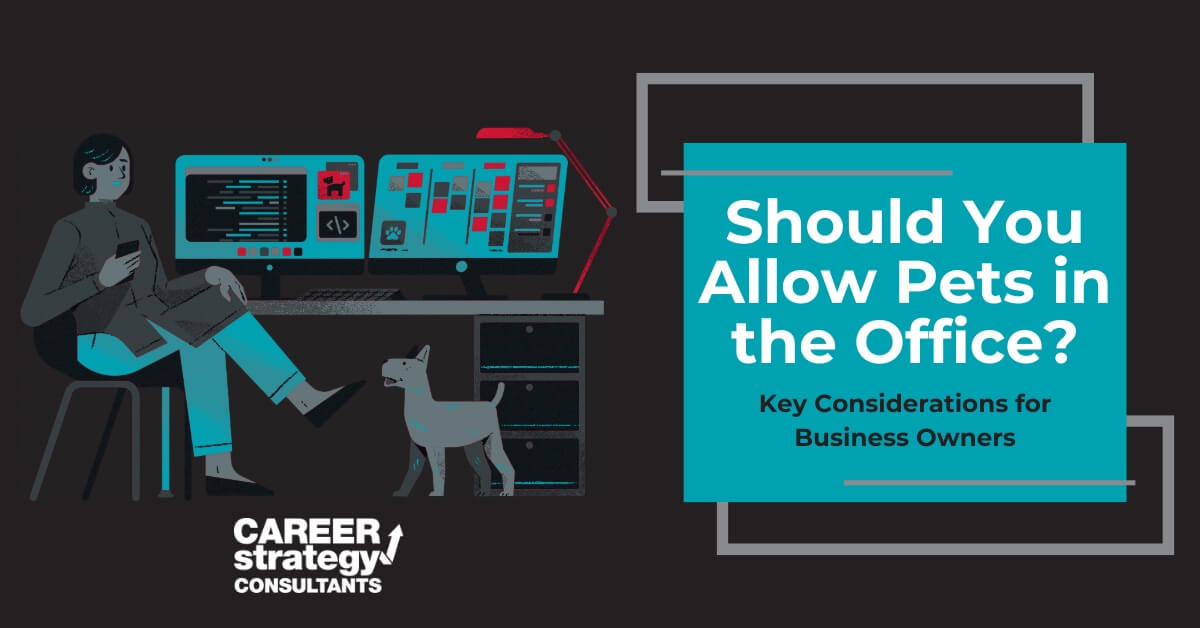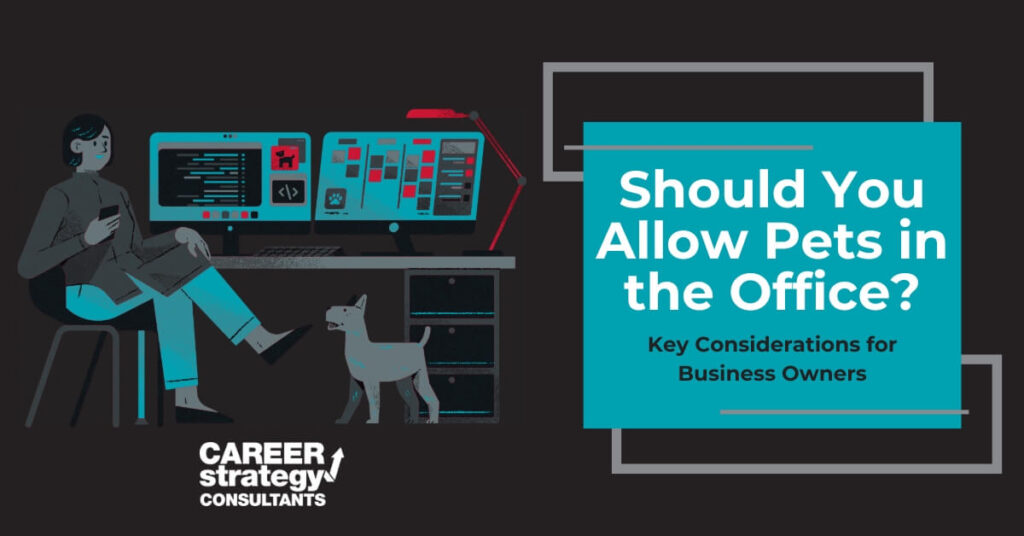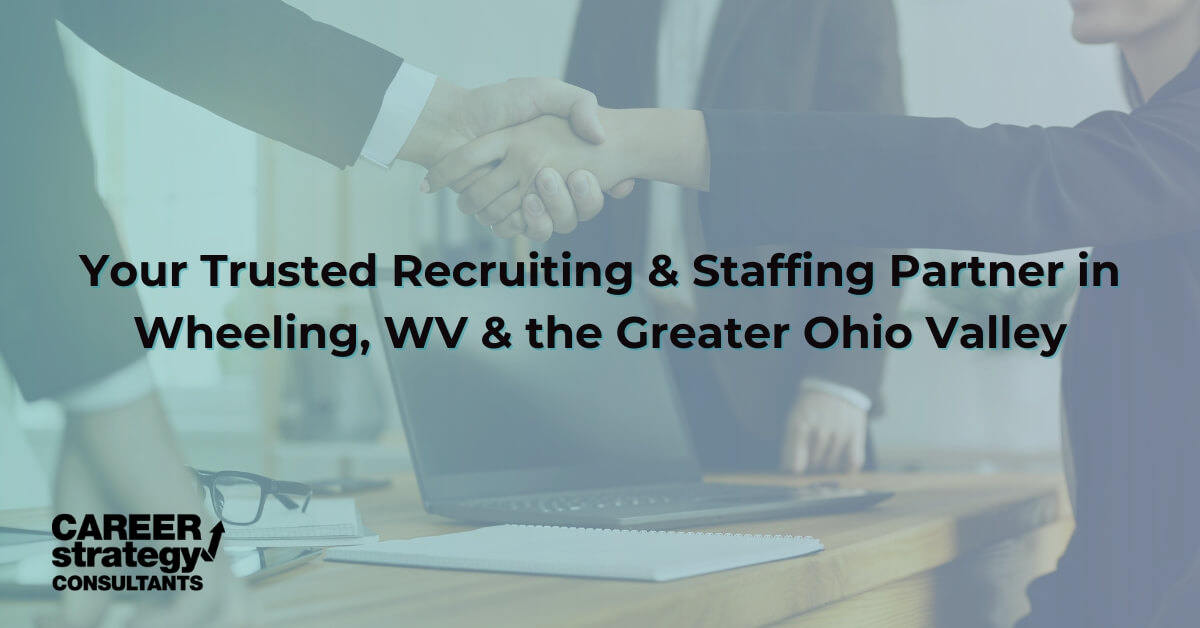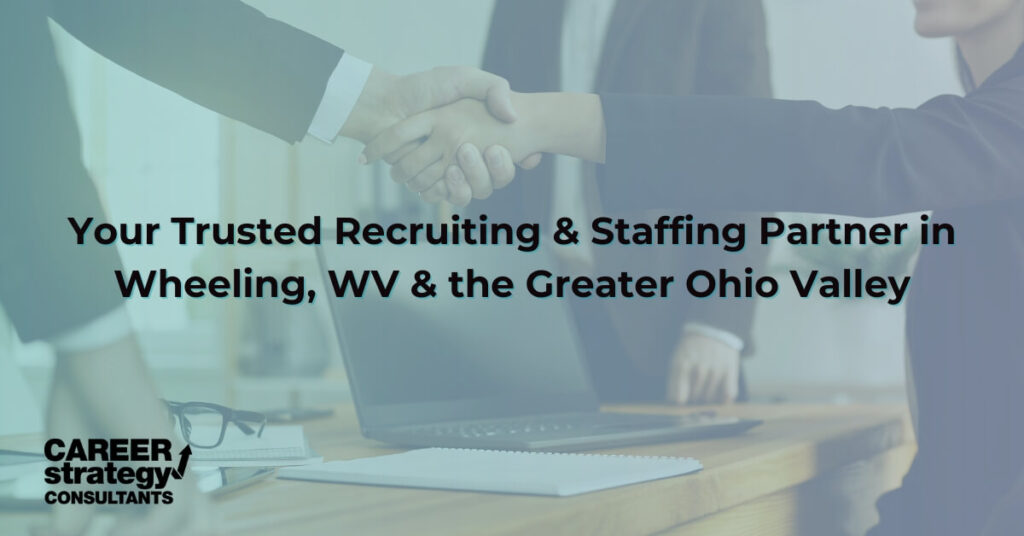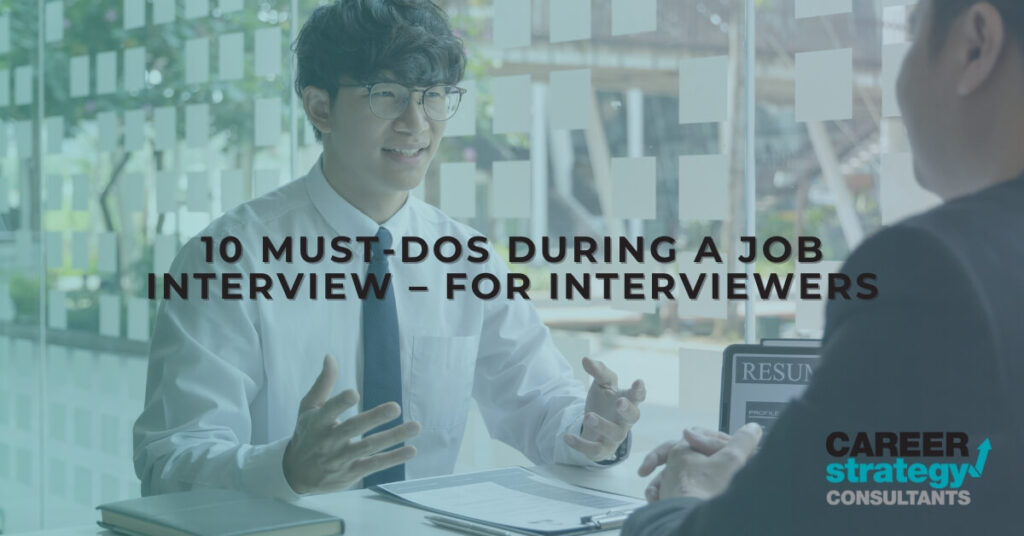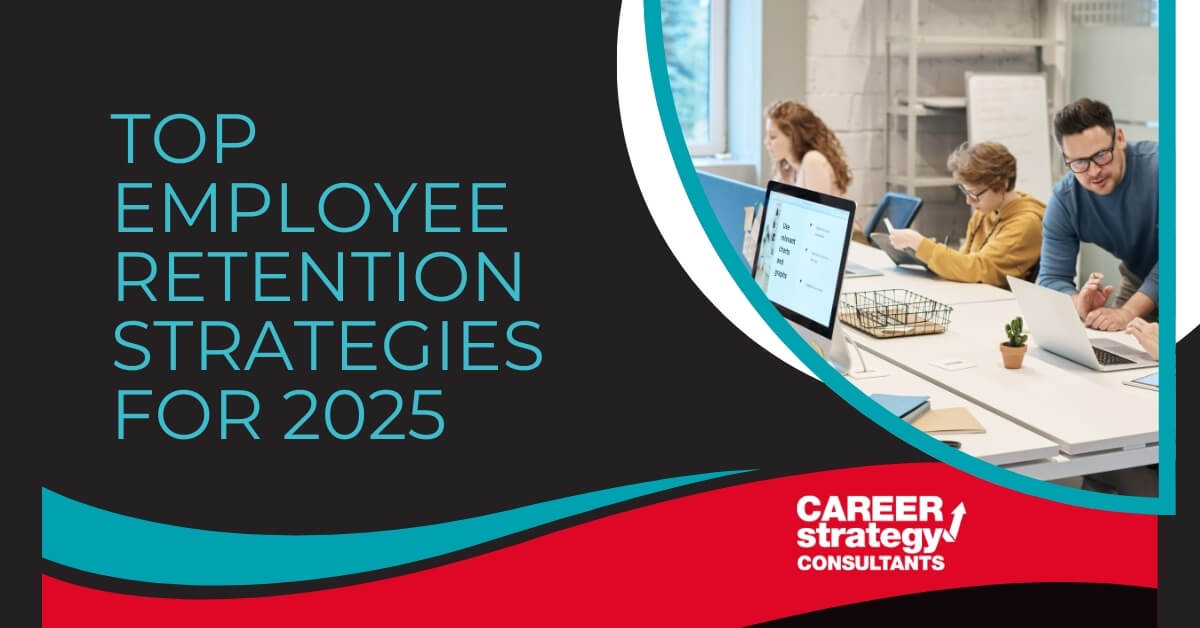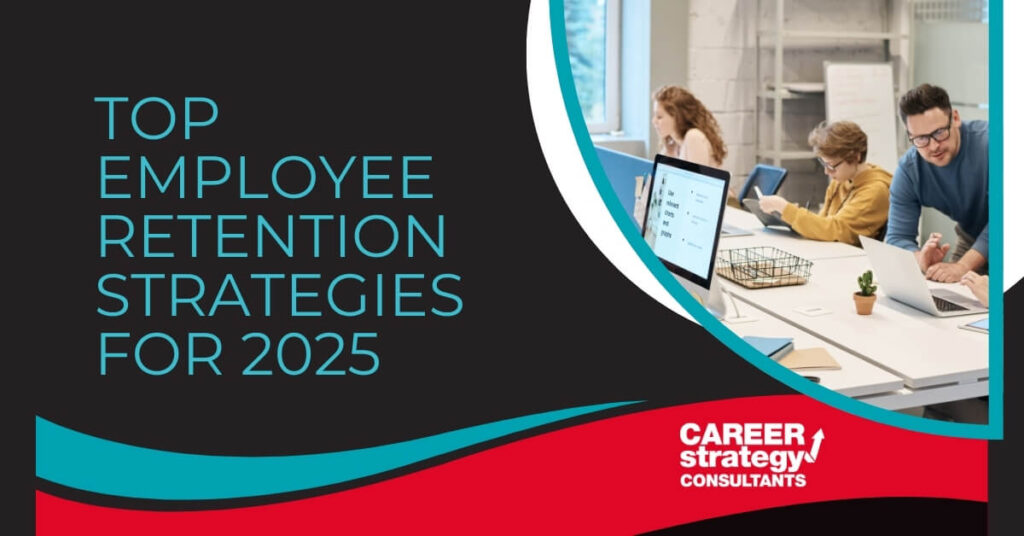Why You’re Not Attracting Top Talent And How to Fix It

At Career Strategy Consultants, we’ve worked with hundreds of employers across nearly every industry, and we’ve noticed a pattern: companies often struggle to attract top-tier candidates not because the talent isn’t out there, but because key elements of their hiring process are holding them back.
If you’re not seeing the right applicants, here’s why and what you can do to fix it.
Your Job Ads Aren’t Speaking to the Right People
The problem:
Most job descriptions are written like legal documents or laundry lists. They focus too much on qualifications and responsibilities and not enough on what actually attracts job seekers: culture, growth, benefits, and purpose.
How to fix it:
- Write with your ideal candidate in mind, use plain language, active voice, and be concise.
- Highlight what’s in it for them: compensation range, flexible work policies, career path, team culture, etc.
- Use targeted keywords aligned with how job seekers are searching (e.g., “remote manufacturing jobs” or “EHS roles in Tampa”).
Tip: Want help optimizing your job ads for visibility and conversions? We can help.
Your Employer Brand is Either Missing or Muddled
The problem:
If a candidate Googles your company, what will they find? A generic website? No employee testimonials? Poor Glassdoor reviews? A weak online presence, or none at all, kills trust.
How to fix it:
- Actively manage your digital presence on LinkedIn, Google, and job boards.
- Share behind-the-scenes culture content, employee spotlights, community involvement, and success stories.
- Keep messaging consistent: Who are you as an employer? What makes your company worth joining?
Your Offers Aren’t Competitive in Today’s Market
The problem:
Compensation packages that haven’t been updated in 2+ years likely aren’t keeping up with market expectations. Talented candidates have options, and they know their worth.
How to fix it:
- Conduct market research or partner with a recruiting firm (like us!) to understand what competitive pay and benefits look like in your industry.
- Offer more than just salary: flexible work hours, mental health resources, sign-on bonuses, and career development opportunities are huge differentiators.
- Be decisive during the offer stage. Waiting too long can cost you the candidate.
You’re Not Moving Fast Enough
The problem:
The best candidates don’t stay on the market long, often less than 10 days. A lengthy interview process, lack of communication, or delays in decision-making can turn off top-tier applicants.
How to fix it:
- Streamline your process to 2–3 rounds max.
- Keep candidates updated every step of the way.
- Have internal alignment before posting a job so you can move quickly when the right person comes along.
Let’s Fix It Together
If any of the above sounds familiar, don’t worry. These challenges are common and solvable.
At Career Strategy Consultants, we specialize in helping companies attract and hire top talent across industries like manufacturing, construction, engineering, safety, HR, and more. Whether it’s optimizing your job ads, enhancing your brand, or leveling up your hiring process, we’re ready to help.
📩 Reach out to us today to see how we can support your hiring strategy: careerstrategyinc.com/contact
Contact Us: Career Strategy Consultants | 740-325-1151 | info@careerstrategyinc.com
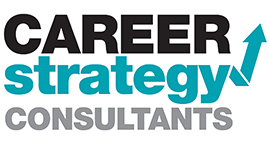
More Than Just Staffing
For Employers
For Individuals



